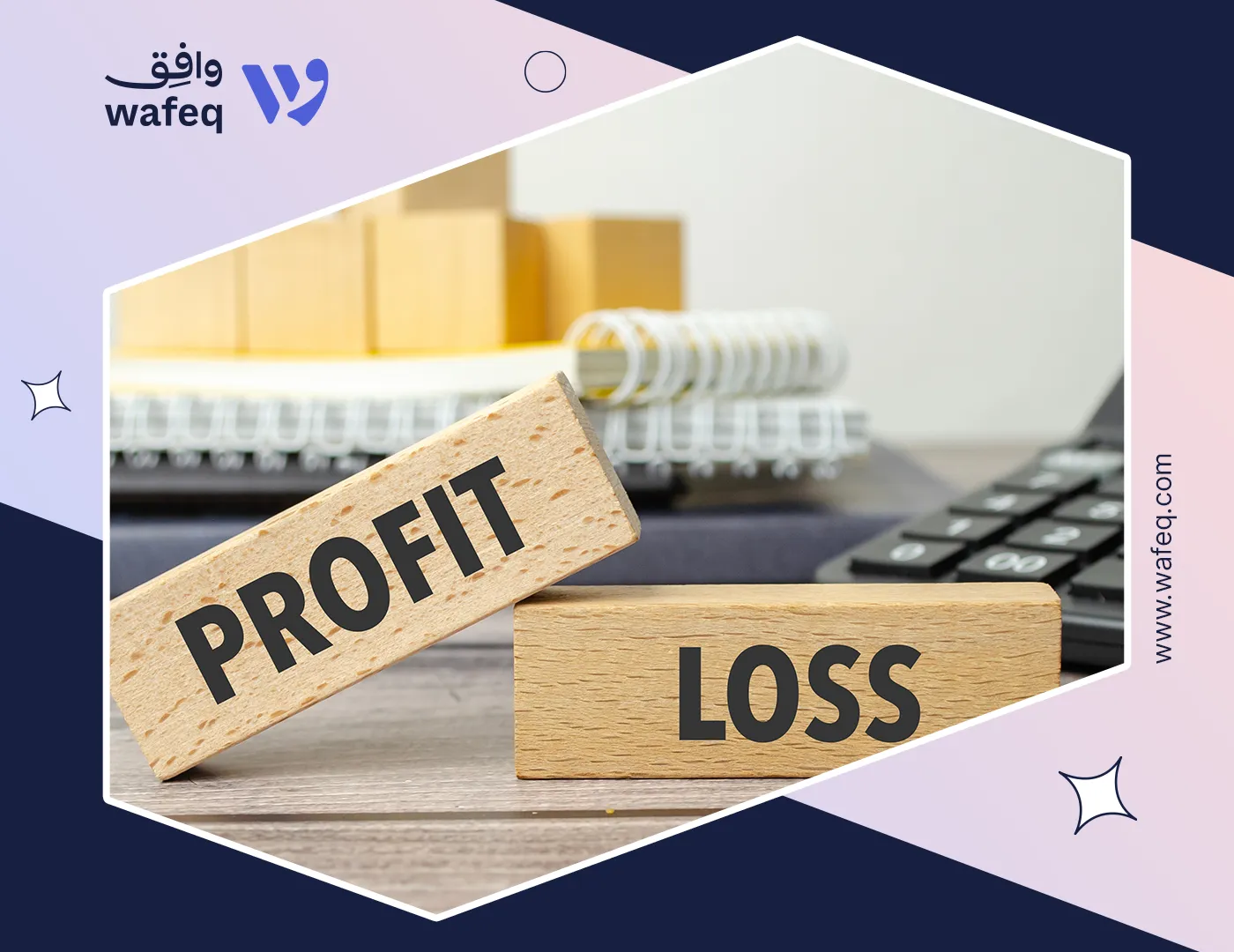CFO Responsibilities and How to Succeed in Today’s Financial Environment

Imagine being the person everyone turns to when the numbers don’t align, when critical financial decisions must be made, and when a company's future depends on clarity and control. That’s the daily reality of a Chief Financial Officer. It’s a role that demands more than technical expertise; it requires sound judgment, strategic thinking, and the ability to lead confidently.
If you’ve ever wondered what responsibilities define a CFO truly and how they impact the business direction, this article will explore every essential aspect.
What Does a CFO Do?
A Chief Financial Officer (CFO) is the senior executive responsible for managing the company's financial affairs. While the core duties include financial planning, reporting, and managing risks, the role has evolved into a more strategic and advisory position. Today, CFOs are tasked with ensuring the business's financial health, shaping its direction, and supporting leadership with data-driven insights.
Unlike roles such as financial controllers or accountants who focus on operational tasks, the CFO takes a broader view. They connect financial performance with business goals, advise on investments, lead financing activities, and ensure that complies with local and international standards. The CFO acts as a bridge between finance and the rest of the company. Whether presenting financial reports to the board or evaluating the cost of a strategic initiative, the CFO plays a critical role in every key decision. Companies today rely on their CFOs for accuracy in numbers, as well as more strategic clarity, risk awareness, and financial leadership.
Key Responsibilities of a CFO
The responsibilities of a Chief Financial Officer extend across multiple functions, which are essential to financial stability and an organization's long-term success. Below are the core responsibilities that define the role:
- Strategic Financial Planning The CFO leads the development of long-term financial plans that align with the company’s strategic objectives. This includes setting financial goals, preparing forecasts, and analyzing scenarios to support sustainable growth. The CFO must ensure resources are allocated effectively, and investments are made with clear returns in mind.
- Financial Reporting and Compliance A key responsibility is overseeing the preparation of accurate financial statements and ensuring compliance with local regulations, such as ZATCA in Saudi Arabia or VAT laws in the UAE. The CFO guarantees that all reporting aligns with standards like IFRS or GAAP and leads the audit process with internal and external auditors.
- Risk Management Identifying financial risks and implementing policies to mitigate them is central to the CFO’s role. These risks may include credit risk, liquidity risk, market fluctuations, or regulatory changes. The CFO ensures proper internal controls are in place to protect company assets.
- Cash Flow and Working Capital Management The CFO must monitor cash inflows and outflows to ensure the company maintains enough liquidity for operations. Managing accounts receivable, payable, and inventory cycles is essential for healthy working capital and uninterrupted business continuity.
- Fundraising and Investor Relations In companies that seek external funding, The CFO manages relationships with banks, investors, and lenders. They are responsible for preparing financial pitch materials, conducting due diligence, and negotiating terms that align with the company’s capital strategy.
- Tax Strategy and Compliance From corporate tax planning to VAT filings, the CFO ensures all tax obligations are met while optimizing for efficiency and minimizing liabilities. This includes staying up to date with changing tax laws and maintaining proper documentation for audits and reporting.
- Leadership and Team Development The CFO manages the finance department and ensures the team members have the tools, training, and clarity needed to perform well. They play a leadership role in shaping the culture of financial accountability and encouraging cross-departmental collaboration.
Read Also: Key Tasks Every Internal Auditor Should Master.
CFO’s Role in Business Growth and Decision Making
The modern CFO is more than a financial guardian today; they are a strategic partner in driving growth. Business expansion, market entry, product development, or operational efficiency. All require strong financial insight, where the CFO plays a leading role.
A CFO collaborates closely with the CEO and executive team to evaluate business opportunities based on financial viability. The CFO also ensures that every growth initiative is backed by reliable data and clear financial metrics using feasibility studies and return-on-investment analysis.
Moreover, CFOs provide valuable insight in mergers and acquisitions, helping assess risks, structure deals, and plan post-merger integrations. They also assist the business in identifying cost-saving opportunities and improving capital efficiency.
The CFO brings discipline to decision-making. While CEOs and product leaders focus on innovation and vision, the CFO challenges assumptions, tests financial models, and ensures sustainability in every strategic move. Their role also includes setting performance KPIs, analyzing trends, and advising on pricing, customer profitability, and capital investment, all essential for sustainable growth.
The CFO in Different Company Stages
The responsibilities and expectations of a CFO vary depending on the stage and size of the company. Whether a startup, a growing SME, or a large enterprise, the CFO’s role adapts to the company’s evolving financial needs.
- In Startups Startups typically operate with limited resources and high uncertainty. CFO at this phase focuses on cash flow management, fundraising, cost control, and building the financial infrastructure from the ground up. They also ensure regulatory compliance from day one, which is critical for investor trust.
- In Small and Medium Enterprises (SMEs) In SMEs, the CFO begins to build more structured financial processes. They manage budgets, set up reporting systems, and establish internal controls. The CFO also plays a key role in scaling operations, securing loans or partnerships, and preparing the company for expansion.
- In Large Enterprises In established companies, the CFO operates at a strategic level. Their focus shifts toward managing complex financial structures, international compliance, risk diversification, capital allocation, and investor relations. They also lead finance transformation initiatives and leverage technology to optimize performance.
What Every CFO Should Know to Build a Digital Finance Function
The role of a CFO has evolved significantly with the rise of financial technology. Today’s CFOs must go beyond financial principles and master the tools that drive automation, data analysis, and digital reporting.
- Financial Automation Tools Automation is no longer optional; it is essential. CFOs rely on accounting software, cloud-based ERP systems, and AI-powered tools to streamline processes, such as invoicing, expense tracking, payroll, and reconciliations. These tools reduce human error, save time, and improve efficiency across the finance function.
- Real-Time Reporting and Dashboards Instead of waiting for month-end reports, modern CFOs demand real-time insights. Financial dashboards provide a clear view of KPIs like cash flow, profitability, and revenue trends, helping leadership teams respond quickly to changes.
- Data-Driven Decision Making Access to real-time data allows CFOs to support decision-making confidently. Scenario modeling, predictive analytics, and forecasting tools enable them to test assumptions and guide the business with actionable insights.
- Cybersecurity and Data Privacy As finance teams become more digital, cybersecurity becomes a top priority. CFOs are responsible for ensuring data is protected, systems are secure, and that data privacy regulations are upheld, especially when dealing with customer and financial data.
- Technology Implementation and Integration CFOs often lead the selection and implementation of financial systems and integrations. This includes connecting accounting tools with banks, CRM systems, and e-invoicing platforms. A successful integration ensures smooth workflows and accurate data synchronization.
Challenges CFOs Face Today
As the business grows more complex, CFOs face increasing pressure to deliver stability, insight, and adaptability. Their role is no longer limited to overseeing the numbers; it now involves managing change, responding to disruptions, and leading organizational transformation. Below are some of the most pressing challenges CFOs must address today:
- Adapting to Economic Volatility Market fluctuations, inflation, and shifting interest rates require CFOs to respond quickly with flexible financial strategies. Managing uncertainty while maintaining cash flow, profitability, and stakeholder confidence is a daily balancing act.
- Keeping Up with Regulatory Changes Tax laws, compliance standards, and financial reporting requirements evolve constantly, especially in regions like Saudi Arabia and the UAE. CFOs must stay up to date and ensure timely adherence to local and international regulations such as ZATCA, VAT, and IFRS.
- Managing Cross-Functional Demands CFOs often act as a bridge between departments. They're expected to support operations, HR, procurement, and strategy, while maintaining strict financial control. This multi-functional responsibility requires strong communication and leadership skills.
- Scaling Finance Operations As companies grow, finance operations must scale too. CFOs are tasked with transforming manual processes into digital workflows, hiring and training staff, and implementing systems that support larger transaction volumes and complex reporting.
- Driving Cost Efficiency Without Sacrificing Growth Balancing cost control with innovation is a persistent challenge. CFOs must find ways to optimize spending while continuing to fund strategic projects and technology investments that drive business growth.
Most Important Certifications for a CFO
While experience is essential, professional certifications enhance a CFO’s credibility and technical knowledge, especially in multinational or regulated environments. These certifications demonstrate a strong foundation in accounting, finance, leadership, and global standards. Here are the most recognized certifications for CFOs:
- CPA – Certified Public Accountant Globally respected and often required for CFOs in publicly listed or audit-heavy organizations. It focuses on accounting principles, auditing, and compliance with standards like GAAP.
- CMA – Certified Management Accountant Specializing in financial planning, performance management, cost control, and decision support. Highly valued in strategic finance and internal operations.
- CFA – Chartered Financial Analyst Recognized for investment management, financial analysis, and ethics. Common among CFOs in financial services, investment firms, and capital markets.
- ACCA – Association of Chartered Certified Accountants Popular in Europe, Asia, and the Middle East. Covers global finance, IFRS, taxation, and business management. It’s flexible and well-suited for CFOs in international companies.
- MBA – Master of Business Administration (Finance) Though not a certification, an MBA with a finance concentration can provide leadership, strategic thinking, and business management skills needed for the CFO role.
- CIA – Certified Internal Auditor (Optional) Useful for CFOs who oversee internal audit teams or work closely with governance and compliance departments.
Know more about: 7 Best Accounting Certificates in 2025.
How does Wafeq Help CFOs in their daily work?
For CFOs navigating complex financial operations, Wafeq provides the tools and insights needed to streamline work, enhance control, and support strategic decision-making. Whether leading a growing startup or managing a mature business, CFOs benefit from Wafeq’s automation, compliance, and reporting features:
- Real-Time Financial Dashboards Instantly view key metrics like revenue, cash flow, expenses, and profitability through intuitive dashboards, helping CFOs monitor financial health at a glance.
- Automated Expense Management Eliminate manual entry with smart expense tracking, categorized spending, and digital receipt uploads, reducing errors and speeding up reimbursements.
- E-Invoicing with ZATCA Compliance Generate, issue, and report invoices in real time, fully compliant with Saudi Arabia’s e-invoicing regulations. Wafeq’s system is directly integrated with Fatoora, affiliated with the Authority.
- Integrated Payments and Banking Link directly with banks and payment partners like WIO to automate vendor payments and track bank reconciliations without manual data entry.
- Seamless ERP Integration Sync data easily between Wafeq and your ERP system to avoid duplication, ensure accuracy, and maintain a single source of truth.
- Approval Workflows and Budget Controls Set up multi-level approval paths for expenses and enforce budgets across departments, giving CFOs bigger visibility and governance.
Read Also: How assigning roles is important in Accounting: Why smart teams use Wafeq for Role Permissions
The CFO role goes far beyond finance; it’s about strategy, leadership, and decision-making at the highest level. Understanding the responsibilities of a CFO helps companies build stronger financial foundations and face the future with clarity.
FAQs about Chief Financial Officer Responsibilities
What qualifications does a CFO need?
A CFO typically holds a degree in accounting, finance, or economics, and many pursue advanced credentials like CPA, CMA, or MBA. Experience in financial management, leadership, and regulatory compliance is essential.
What is the difference between a CFO and a financial controller?
A financial controller focuses on day-to-day accounting, reporting, and compliance, while a CFO plays a strategic role, overseeing financial planning, business growth, and capital strategy.
When should a company hire a CFO?
A company should consider hiring a CFO when financial operations become complex, such as during fundraising, international expansion, or when preparing for audits and investor reporting.
Can a CFO work part-time or remotely?
Yes. Many growing businesses choose part-time or outsourced CFOs for cost efficiency. This model works well in early-stage or small businesses that need expertise without the overhead of a full-time role.
What KPIs should a CFO monitor regularly?
Key metrics include cash flow, gross margin, operating expenses, revenue growth, customer acquisition cost, return on capital, and budget variance. These KPIs guide financial health and decision-making.
From automated reporting to real-time dashboards and seamless compliance with ZATCA and VAT. Wafeq equips CFOs with the tools they need to lead smarter.
From automated reporting to real-time dashboards and seamless compliance with ZATCA and VAT. Wafeq equips CFOs with the tools they need to lead smarter.






.png?alt=media)








